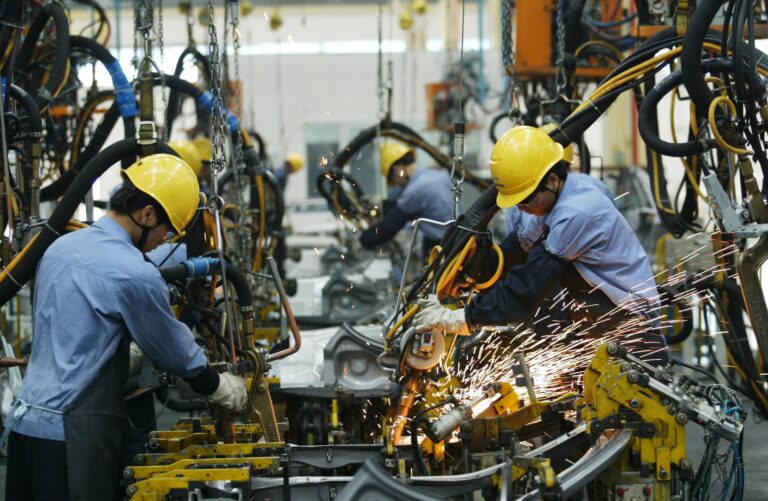Murphy, who has previously questioned General Motors about exiting the market, said the “D3” automaker needed to focus on its core products and more profitable geographies.
“I think D3 should get out of China as soon as possible,” he said Tuesday at an event in suburban Detroit hosted by the Bank of America Automotive Press Association for its annual “Car Wars” report. “China is no longer core for GM, Ford and Stellantis,” he said.
This would have been an unthinkable prospect for automakers, especially GM, just a few years ago, but the rise of homegrown Chinese automakers such as BYD and Geely is putting them under increasing pressure.
GM’s market share in China, including joint ventures, plummeted to 8.6% last year from about 15% in 2015, the first time it has fallen below 9% since 2003. GM’s operating revenue is also down 78.5% from its 2014 peak, according to regulatory filings.
GM executives have said they believe the company can turn around its business and regain market share in China, largely thanks to new electric vehicles.
There are also geopolitical risks and uncertainties for U.S. companies doing business in China: President Joe Biden announced last month that his administration would quadruple tariffs on Chinese-made electric vehicles.
Detroit automakers will have to rethink how they do business in China, but the situation is a little different for U.S. electric car giant Tesla, Murphy said.
Murphy said Tesla has a cost advantage of about $17,000 over traditional Detroit automakers on EV parts, helping the company grow in the Chinese market and giving it “more room to grow.”

